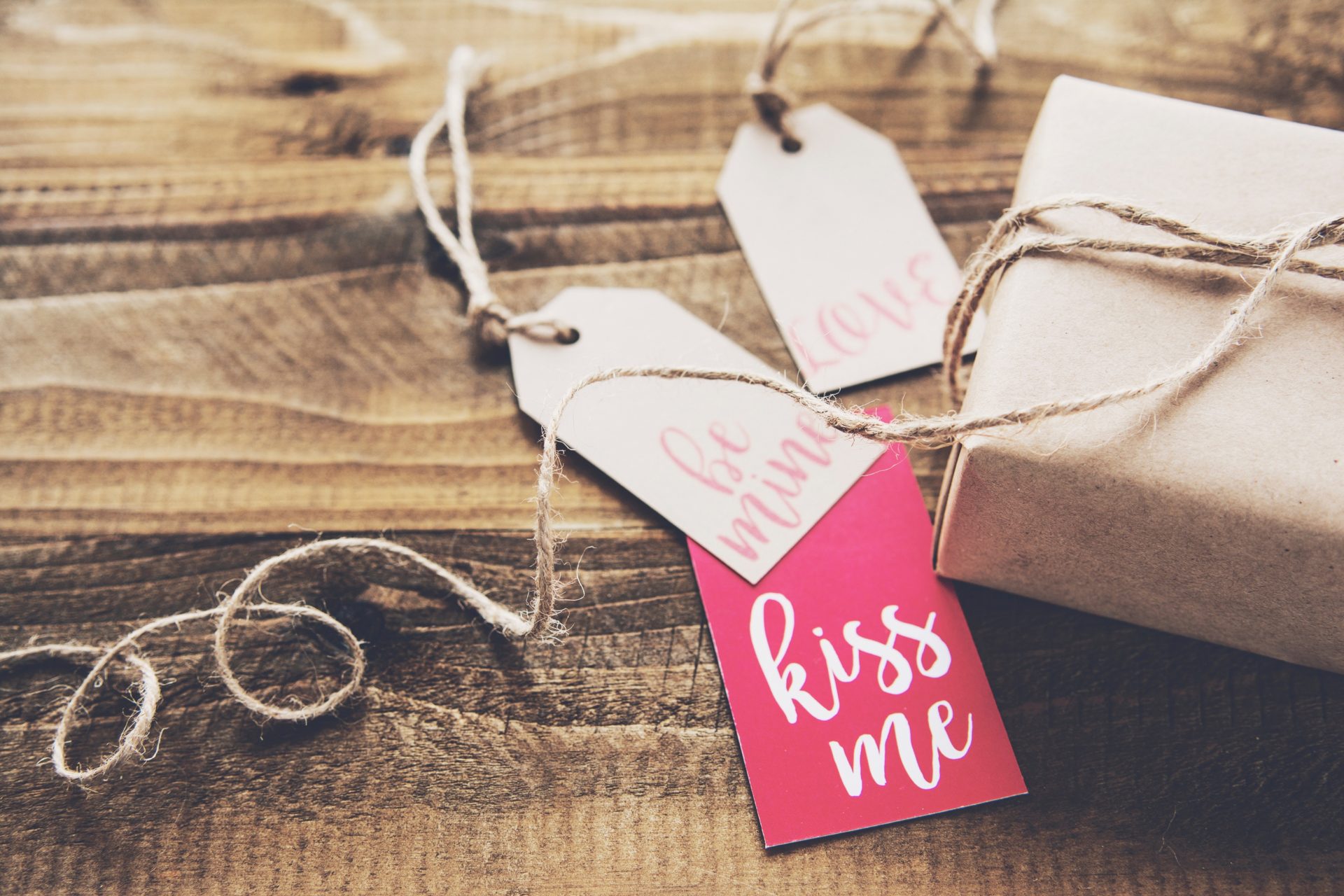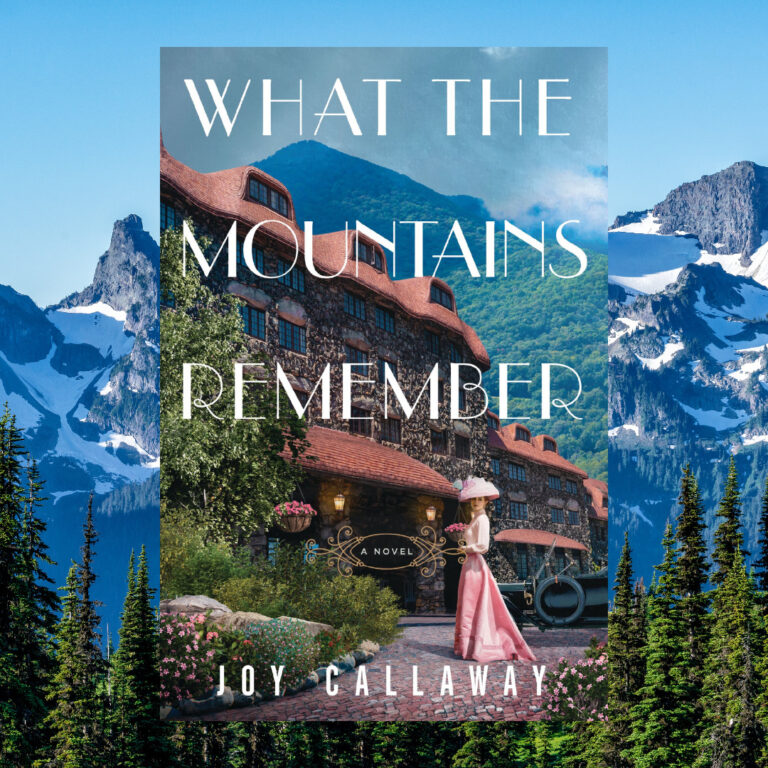Every time Valentine’s Day rolls around, we get the inescapable think pieces in the media talking about romance that inevitably denigrate the genre. Rarely are they written by industry insiders, or most importantly, readers. So formulaic, these deep thinkers sniff disdainfully. So chockful of tropes. That requirement for HEA/HFN? So passé and restrictive.
And the reactions to these pieces on social media by romance readers are outrage, a definition of the genre, the reminder that all genres have rules, and talking points about how romance is a genre to be reckoned with and is deserving of respect like any other genre in the industry. This continual cycle of defense is exhausting.
So this Valentine’s Day, I want to celebrate the romance genre. I want us to talk about how wonderful it is, why we read it, why we love it, and also, what we think is in store for us in the future. I asked various romance lovers the following three questions:
When or why did you start reading romance?
What do you love about the genre?
How would you like to see the genre evolve?
Here are readers, bloggers, authors, editors, librarians, and scholars from all over the world sharing their stories.
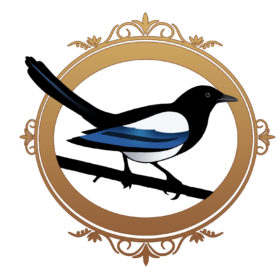
KJ Charles
I started on my mum’s Georgette Heyers but didn’t get into modern romance until I got an editorial job at Mills & Boon. That was a full immersion experience! I edited hundreds of romances and got very used to looking at stories from the inside out. It was invaluable training for when I was ready to write.
I love the speed at which the genre can move. Romance is frequently on the cutting edge of technical developments in publishing and authors are all over trends and current affairs. And I love the way it can — though not always does — make people feel seen and included and centered. The experience of seeing yourself in a book is so important, especially for people who don’t get it very often. At its best, romance offers a combination of emotional inclusion, comfort and hope that is incredibly necessary in this often miserable world.
Romance has taken big strides in the understanding of diversity and consent and gender relations and inclusion, but there’s still a long way to go. As a historical romance author, I’m also really keen to see an expansion in the periods and countries that get written and read about and the kinds of people who get to star in them, in terms of class and occupation as well as identity.
KJ Charles writes mostly queer historical romance, her latest being Any Old Diamonds, an m/m about Victorian jewel thieves.
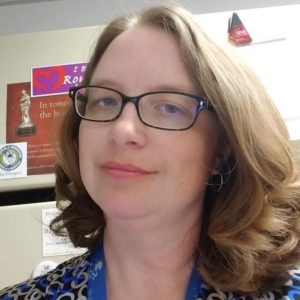
Wendy Crutcher
When I was a freshman in high school a “cool” older friend slipped me a copy of Nevada Nights by Ruth Ryan Langan that holds the distinction of being the first “grown up” book I read in one day. My brief torrid affair with romance was short-lived, however, and it wasn’t until I started my career as a collection development librarian, that I fell hard for the genre. It was a hole in my professional knowledge and I figured, “Well, let me read a few.” That was twenty years ago, and I haven’t looked back.
What do I love about the genre? The emotion. The genius of the genre is that emotion is everything and that’s what makes it so relatable to readers.We all know anger, fear, love, hate, happiness, etc. All good fiction should play on reader emotions — but romance is the genre that wears emotion on its sleeve. There is nothing better than getting lost in a story, and how well an author conveys emotion is how that happens for me.
I want to see the genre continue to expand, stretch and grow. Happy Ever Afters for Everyone! Diverse characters, diverse settings, multifaceted worlds – basically, I want the equivalent of a Las Vegas buffet or a line of food trucks along the boardwalk. Give me the feast. Give me the endless possibilities. Give everyone the dream.
A former RWA Librarian of the Year, Wendy Crutcher has been reviewing and talking romance for the past 20 years.
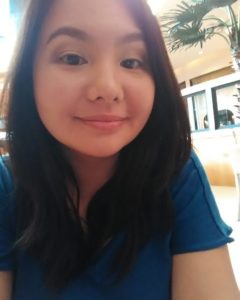
Mina V. Esguerra
I read U.S.-published YA romances all throughout high school and adult contemporary romance and romantic suspense in college. I took a break though, because I had a ton of reading to do for school. When I started reading romance again within the last ten years, it was everything I enjoyed from before and more.
I love that authors are so good at this, and I appreciate how so many of them are writing so beautifully about things that matter to me. I live in the Philippines and read in English, so I got used to romances being a joy to read, once I made certain adjustments and understood how characters grow up in the U.S., their lifestyles and society’s expectations of them.
Then I saw one U.S.-published YA romance with Filipino-American characters and eventually saw a romantic suspense book that was set in Manila… that was such an interesting feeling! Like: Oh, this is how it feels, when someone like you or the place where you live is interesting enough to have their own book. Then: WOW, maybe we should have been giving this experience to people all along. I think this is how romance is evolving, and we help it along by supporting in very tangible ways the books and authors telling stories that make people feel seen — and loved.
Mina V. Esguerra is a romance author and publisher. She lives in Manila and is the founder of #romanceclass, a community of Filipino authors and readers of romance in English.
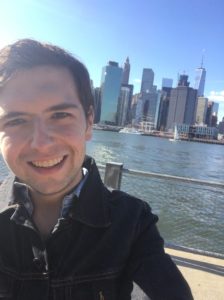
John Jacobson
I started reading romance because one of my best friends did. Her mother let her read Gentle Rogue and Whitney, My Love at thirteen. She told me about them, and naturally, I borrowed them and stashed them from my parents. I have always loved romantic plots and femme-centered media. This began a lifelong romance obsession.
I love the freedom of a happily ever after. As a queer and trans person, there is a deep comfort in knowing that the art and media I consume is invested in giving me happiness. I also believe that happy endings leave us room to explore the depths of what romance can be. Romance is flexible. A romance can have characters of any gender, race, sexuality, sex, religion, ability or class background. It can be asexual and aromantic. It can be two, three, four or more protagonists ending up together. There are infinite journeys that romance can explore. The assurance of an HEA/HFN gives us the chance to fully immerse ourselves in those journeys. I love that romance can be for anyone and everyone.
As with most romance readers, I want to see the genre become more diverse in all areas of marginalized representation. I hope that every identity group can find a bounty of stories that promise them a future full of possibility and happiness. On a larger scale, I hope the genre and everyone invested in it continue to play. We’ve only scratched the surface of romance’s many subgenres, and I would love to see new stories, tropes and worlds.
John Jacobson is currently a freelance editor for Carina Press and previously wrote for outlets such as Heroes and Heartbreakers and the Romantic Times.
Jackie Lau
When I first started writing in 2010, I planned to write women’s fiction, but I eventually realized that my novel was basically a romance. Also around this time, my mother passed away unexpectedly, and books were a source of comfort and escapism for me. I liked the idea of reading books where I was guaranteed a happy ending. In fact, I needed that happy ending, and I needed books about love. I started reading romance in 2011, and I read a lot of it for a year before I tried my hand at writing it.
I love that the romance genre allows a wide variety of people, in a wide variety of circumstances, to get their happily-ever-afters. But although the genre has become more inclusive in recent years, there is still progress to be made.
Jackie Lau is a Canadian author of romantic comedy with diverse heroes and heroines. Her next book, The Ultimate Pi Day Party, will be out in March 2019.
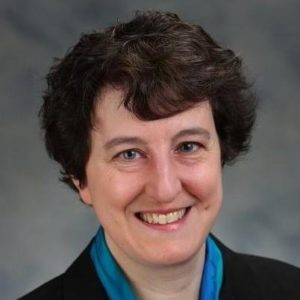
Rohan Maitzen
I can date my start as a romance reader quite precisely to 2010, when I realized from following lively conversations about romance on Twitter that I had fallen for the same lazy stereotypes about the genre that you still see unthinkingly reiterated in media coverage — or just in dismissive remarks from readers who have never tried it, as I hadn’t until then! It took me a while to find my footing in the genre, but I am so glad I gave it a try, because reading romance has brought me so much pleasure.
I love the genre’s optimism: since the HEA is a defining feature of romance, however bad things get for our characters, we know they are going to work it out. I admit to being a bit of a cynic about love stories, which means that I personally prefer romances that don’t take themselves too seriously: I like more humor and less angst. But that brings me to something else I have learned to appreciate about romance as a genre: there’s so much variety in it.
Romance has been changing and evolving to tell a wider range of stories in a wider range of voices. I hope that expansion of perspectives continues!
Rohan Maitzen is an English professor and literary critic who lives in Halifax, Nova Scotia, Canada.
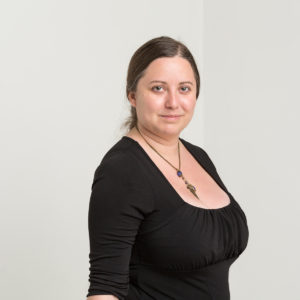
Jodi McAlister
I first started reading romance when I was about nine or ten, when I picked up my grandma’s Betty Neels books. However, I stopped when I was in high school (I’m not sure why, but I went through a real epic fantasy phase, so that might have had something to do with it.) My real romance origin story happened when I was in my first job after university. I was pretty miserable in this job, so I started reading category romance on my lunch breaks (perhaps something do with those Betty Neels memories from when I was a kid). I got really interested in them, the academic part of my brain sparked up, I wrote a PhD proposal — and now here we are.
I love how sincere romance is. You can’t write a good romance novel ironically, because readers will see through that in a second. This is one of the reasons people make fun of romance, because sincerity is often seen as a weakness. If you know what someone really cares about, you can use it to hurt them. But the romance genre hasn’t allowed that to shape it — instead, it’s just doubled down on its sincere investment in love and hope and joy. I think that’s very powerful.
I hope romance continues to develop as a diverse, inclusive genre. The love story is a cultural narrative that shapes a lot of the way we view our own lives and our world. If we only see some types of people who are allowed to fall in love and who are rewarded with a happy ending, then that sends a particular kind of message. If we see everyone allowed to fall in love and be rewarded with a happy ending, then that sends another one — that everyone, no matter who they are, is not only worthy of love, but worthy of being the main character in a story.
Jodi McAlister is a Lecturer in Writing and Literature at Deakin University in Melbourne, Australia, and the author of the YA paranormal romance Valentine series. Misrule is out in February 2019.
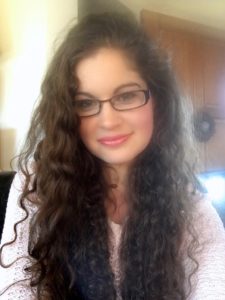
Lucy Parker
I started reading category romance quite early in my teens, and I’ve always been drawn to the romantic sub-plots in books, TV shows and films. There’s always something magical to me when people decide to love each other. I feel like romantic fiction looks at every aspect of human nature and experience imaginable, some of it beautiful, some of it incredibly ugly, and brings it back to something hopeful and unselfish and enduring.
I love the incredible variety and the one consistency of the genre. I know I’m going to get a happy ending, and the comfort of that, while everything else is up in the air. Across the board, there are very different characters and settings and authors bringing their unique voices, humor and personal experiences to the worlds they create. These books have got me through some difficult times. It’s amazing and brilliant that someone else’s words, a person I might never meet, can provide that kind of emotional respite, a safe mental place to go to when it’s needed.
I’d love to see the genre continue to widen and open doors to new stories and new voices. I want to read about settings and personalities and references that I recognize and relate to; I also want to see through the eyes and learn through the words of characters and authors whose lives and experiences are entirely different from mine. I want to read historicals from time periods and settings I’ve never even thought about before. I’d like to see more heroes who struggle with body image and confidence, as so many men do. I’d like heroines to not be judged much more harshly and held to a higher standard than heroes for the same behavior.
Lucy Parker is the author of the London Celebrities, a contemporary romantic-comedy series set amidst the drama and passion of London’s West End theatres. Her next book, The Austen Playbook, will release in April 2019.
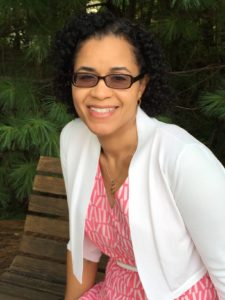
Mia Sosa
As a little girl growing up in East Harlem, I was always curious about how other (read: white and rich) people lived. I found my inaccurate answers by watching television (Dynasty, anyone?) and reading romance books. Ranchers, Hollywood starlets, secretaries eventually marrying their bosses — I could find all that and more in between the covers of a romance novel. I didn’t question much of it; I just consumed ALL THE BOOKS. I even imagined that reading romance would help me navigate unfamiliar territory, such as my interactions with well-to-do peers in middle school and beyond. It didn’t. Nevertheless, I was hooked on romance at an early age, and I’m glad I stuck around long enough to see the genre begin to welcome happily-ever-afters for everyone.
There’s so much I love about the genre: its ability to give readers hope and comfort, the swoonworthy moments and sexy times, the true character growth that happens on the page, the infinite ways its tropes can be used to create fresh and unforgettable stories, its capacity to celebrate and reinforce women’s sexual agency, the variety of tastes it caters to, the shared language of its diehard fans, its ability to empower marginalized communities, and… I really could go on forever, so why don’t I stop here?
The genre is slowly and steadily making strides in being more inclusive on several fronts, but there’s still so much more work to be done. Any growth needs to be embraced by the genre’s key players — authors, readers and publishers — but within each of these groups, there are individuals who still think that diversifying the genre shouldn’t be a goal, that crafting happily-ever-afters for underrepresented characters is unrealistic or that stories about people different from them are unrelatable. I’d love for this not to be the case, but sadly, we’re not there yet.
Mia Sosa writes funny, flirty, and moderately dirty love stories for Avon Impulse and William Morrow. Her next book, Crashing Into Her, releases in February 2019.

